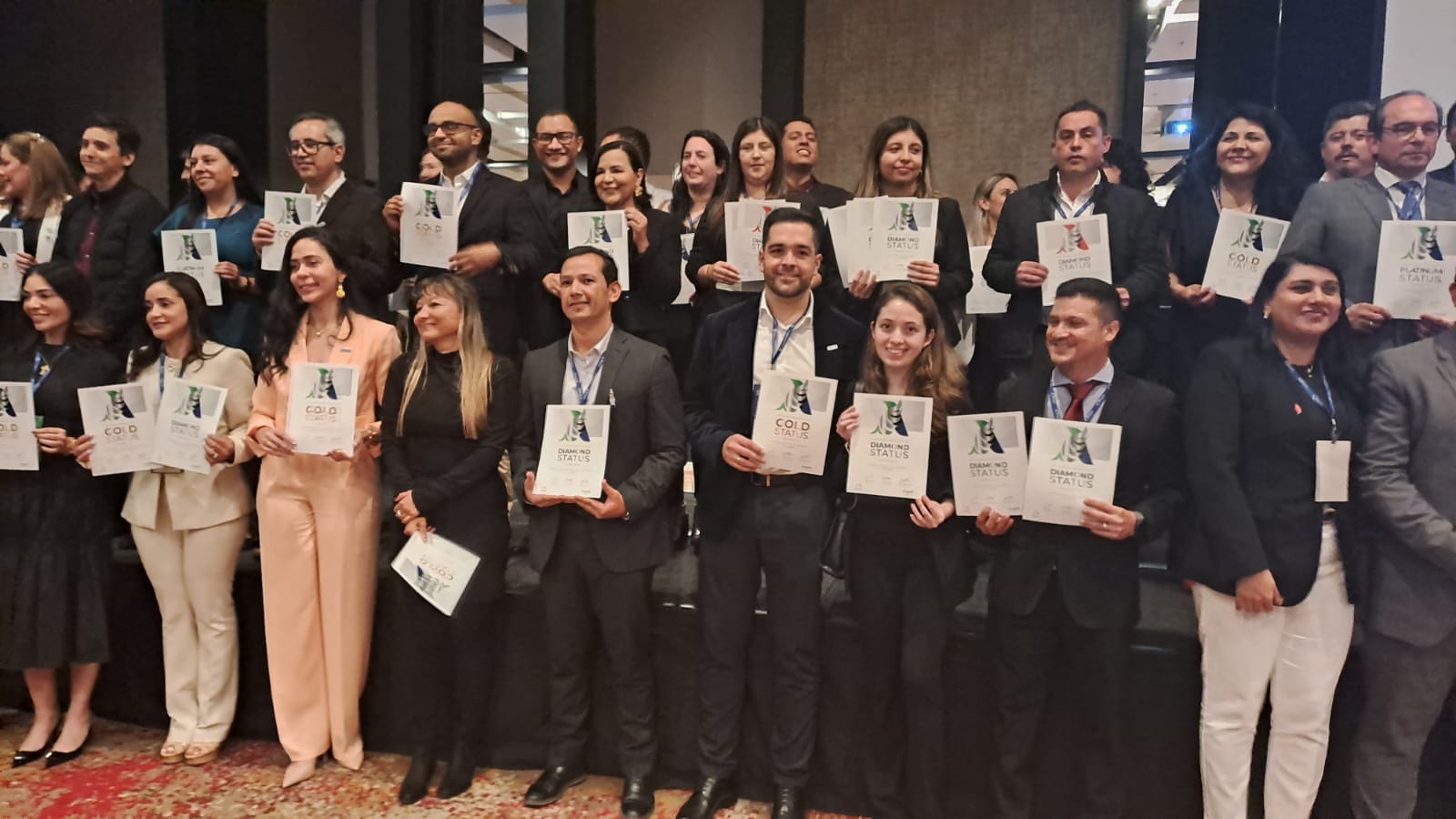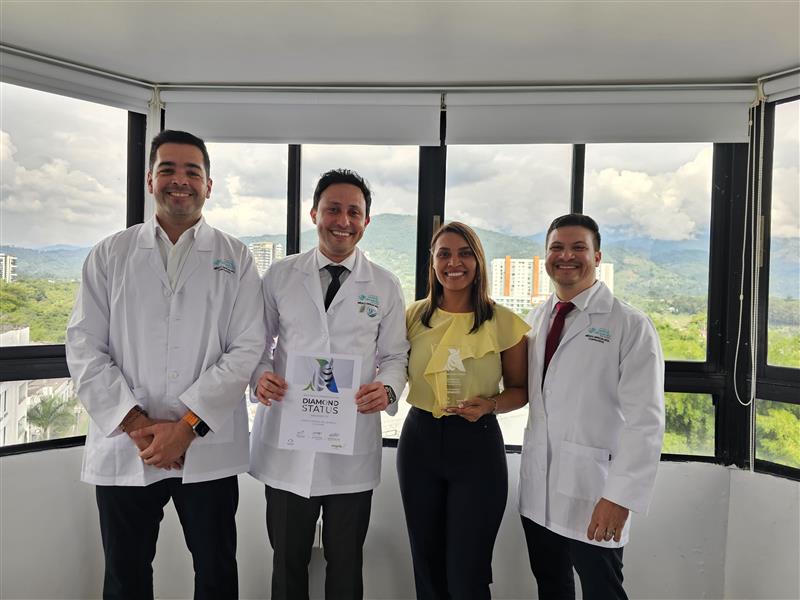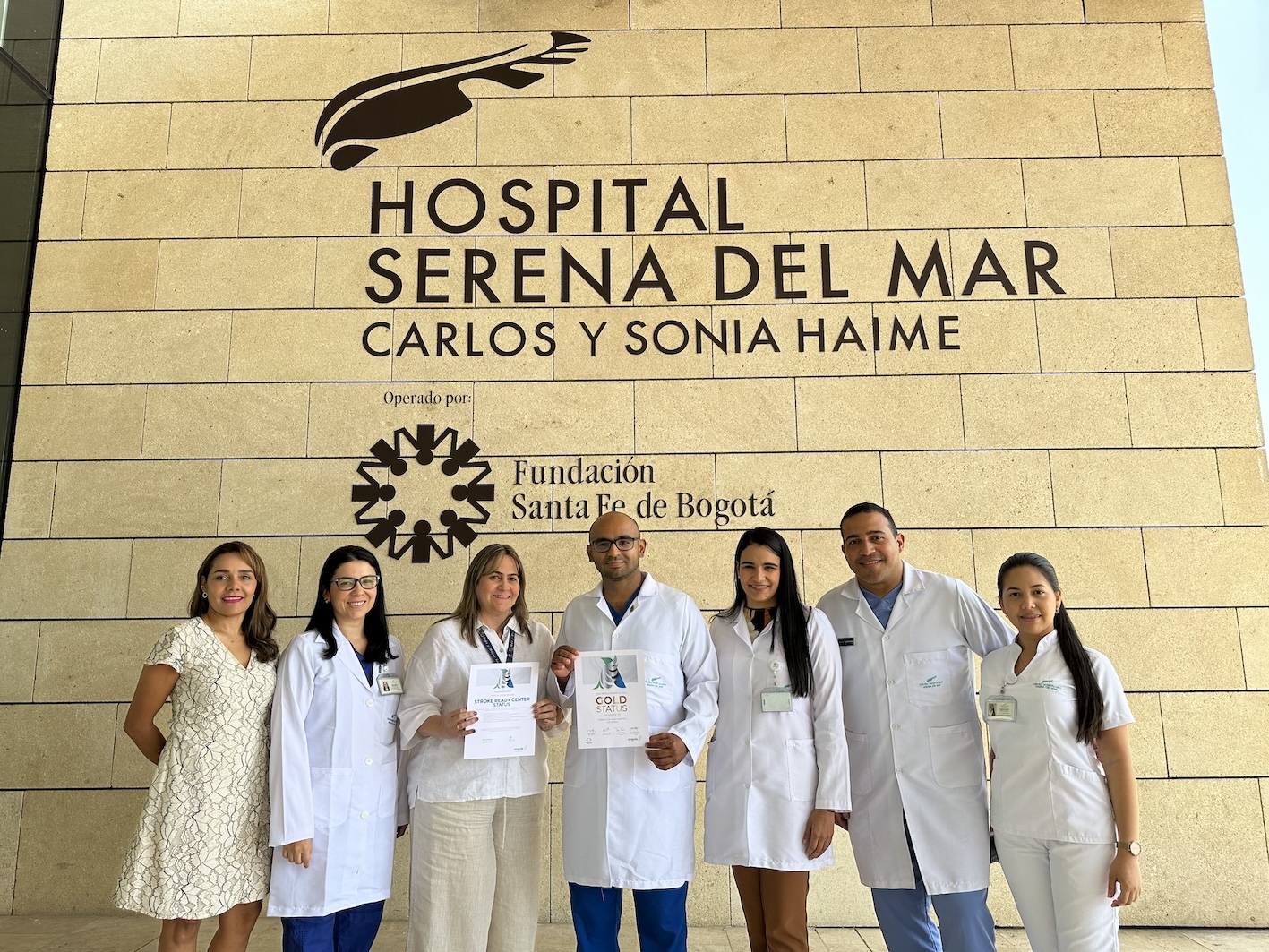Hospital Cruz Roja in Cordoba, Spain, was supposed to start treating stroke patients in June 2020. Angels Consultant Alicia Arjona had already started working with them since the end of January, but as with most activities involving hospitals that treat COVID-19 patients, they were put on hold due to the pandemic.

In late May 2020, after the Spanish government had eased their restrictions, we agreed to move forward with their multidisciplinary trainings, starting with the hyperacute phase. Some extra preparation steps had to be taken to fulfill the safety guidelines, such as ensuring there was enough room for safe distancing between all participants as well as provision of hydroalcoholic gels and masks – all of which were rather easily managed.

When the hyperacute phase training took place, the Spanish regulation only allowed up to 30 people in one room. There were 60 participants consisting of doctors, radiologists, nurses and even porters, so it had to be done twice (20 and 21 May) in a room with 100 people capacity.
The acute and post-acute phase trainings were conducted on June 4th, and by then the restriction had increased to 50 people in one room and we were able to accommodate all the participants (mostly nurses) together.
Throughout these full-house sessions, which were held after their working hours, there was a clear sense of commitment from all the participants as they set themselves a DTN average goal of 25 minutes!

On June 9th, the team conducted two simulations which took took two sets of scenarios into account: arrivals with and without EMS prenotification, and patients confirmed to be COVID 19 positive or negative. The simulations helped them evaluate the different paths that they had prepared for the different scenarios, e.g. patient reception in the red zone and alternate route to CT for those who were confirmed or suspected to have been infected by the virus. All in all, everyone was happy with the protocol they had developed and the resulting 15 minutes simulated DTN time.

As of June 10th, Hospital Cruz Roja officially became the third stroke-ready hospital in Cordoba, where there is only one comprehensive center and two other treating centers. They have also been included as part of the EMS network, which is quite uncommon for a private hospital in Spain, thanks to their close engagement with the local EMS throughout the training and preparation processes. As an added unexpected benefit, the hospital had also decided to convert the current ICU space for COVID-19 patients into a stroke unit!
For us, these two stories are a great reminder that as Angels we must always be ready to adjust to our environment for the sake of stroke patients. Indeed, this global pandemic is a serious concern and it’s easy to get caught up worrying about it. Hopefully these experiences from Portugal and Spain can help us remember that it is our duty to always think in terms of stroke patients, not just COVID-19, and that if we have not done so yet, it is time to re-adapt to the new normal.



